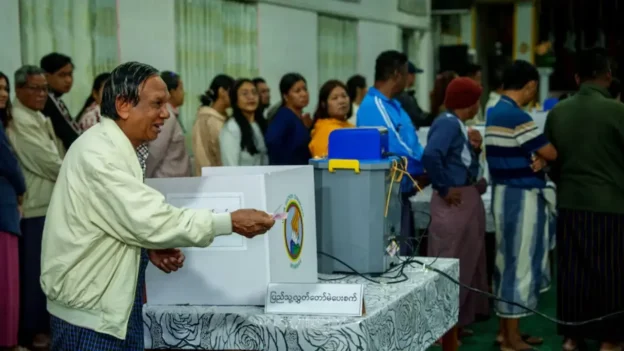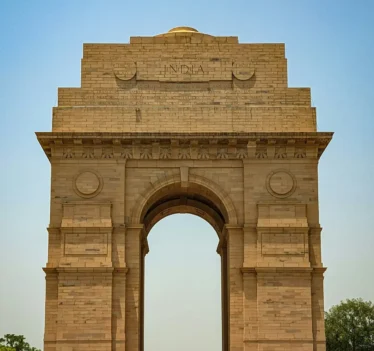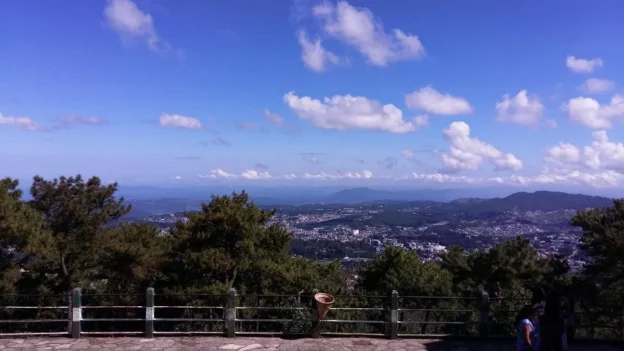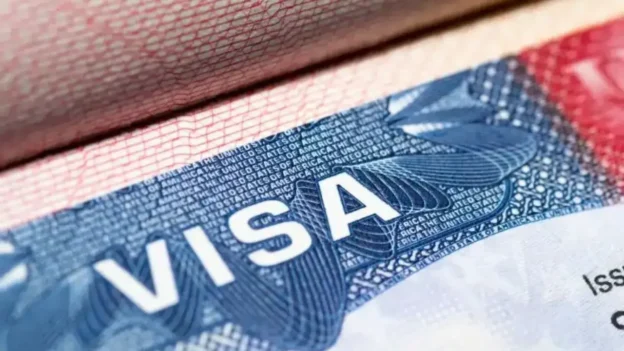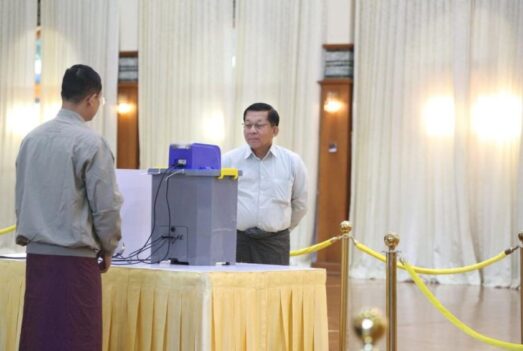There is an old truth in diplomacy: some leaders extend the olive branch with one hand while tightening their grip on the trigger with the other. It is a contradiction as old as power itself — to speak the language of peace while acting in ways that make peace impossible. In July 2025, that paradox came sharply into focus when U.S. President Donald Trump, keen to project himself as a global “peace president,” took a step that rights defenders say will prolong one of the world’s bloodiest conflicts.
As Myanmar’s people mark yet another year under the shadow of a military dictatorship — one that seized power in a violent coup in 2021 — the Trump administration has quietly removed several key junta-linked individuals and companies from its sanctions list. For the democracy movement, still reeling from airstrikes, mass arrests, and the destruction of entire villages, the decision is not just a diplomatic misstep. It is a moral betrayal.
The rollback: who, what, and why it matters
On July 24, the U.S. Treasury’s Office of Foreign Assets Control (OFAC) announced the delisting of three companies and four individuals with deep, long-standing ties to Myanmar’s military. Jonathan Myo Kyaw Thaung, CEO of KT Services & Logistics, has been linked to financing junta chief Min Aung Hlaing during the Rohingya genocide. Aung Hlaing Oo, owner of Myanmar Chemical and Machinery (MCM) Group, is one of the junta’s primary suppliers of arms and aircraft parts. Sit Taing Aung, head of Suntac Technologies, is also embedded in the military’s weapons supply network. Completing the list is Tin Latt Min, co-owner of Shwe Byain Phyu Group, whose commercial ties to the regime are well-documented. Two of these companies manufacture weapons, and all have facilitated deals for aircraft, surveillance systems, naval guns, and armoured vehicle technology.
For rights advocates, the names are as familiar as they are notorious. Many of these entities remain sanctioned by the EU, UK, and Canada, but the U.S. withdrawal strips away a crucial layer of pressure.
The Thailand-based rights group Progressive Voice, which has been one of the orgnaisation at the forefront of Myanmar’s pro-democracy movement, condemned the decision as “an alarming policy shift” that will give the junta fresh access to funds, weapons, and aviation fuel — lifelines it has used to commit war crimes, crimes against humanity, and genocide.
“Sanctions were never about punishment,” said Salai Mang Hre Lian of the Chin Human Rights Organization, “they were a tool of accountability… Removing them now tells victims that their suffering can be overlooked, and that power outweighs justice.”
What has further inflamed criticism is the absence of any clear U.S. rationale. The only explanation so far came in a statement to Reuters from Deputy Treasury Secretary Michael Faulkender, who said such removals occur in the “ordinary course of business,” with individuals “regularly added and removed from the Specially Designated Nationals and Blocked Persons List.” For rights advocates, however, this vague justification does little to address concerns, especially as lawyers for those delisted have hailed it as an “unprecedented” victory.
Global condemnation and policy hypocrisy
The international reaction has been swift. At the United Nations, Tom Andrews, Special Rapporteur on the situation of human rights in Myanmar, called the move “a major step backward for international efforts to save lives” and “unconscionable” given the military’s ongoing atrocities. He noted that sanctions had already reduced Myanmar’s arms imports by more than 30% between 2023 and 2024, evidence that they were working. “It is literally a matter of life and death,” Andrews warned, urging the U.S. to reverse course.
Anna Roberts of Burma Campaign UK described the decision as “shocking” especially as these companies supply weapons to the military. Amnesty International has documented how the junta has escalated its airstrikes, attacked schools and hospitals and civilian infrastructure and targeted ethnic minority communities — abuses likely to intensify with renewed access to funds and materials.
The contradiction is stark. Just weeks earlier, the Trump administration had extended the executive order underpinning sanctions, citing the coup as “an unusual and extraordinary threat” to U.S. national security. In June, Acting U.S. Representative Jonathan Shrier had condemned the junta at the UN for bombing civilians, forcibly conscripting Rohingya, and blocking humanitarian aid. Yet the July decision effectively undercuts that very position.
The irony deepens when viewed alongside the so-called “tariff letter” episode. Earlier in July, Trump notified Min Aung Hlaing of a new 40% tariff on Myanmar’s exports to the U.S., prompting a glowing reply from the junta leader praised Trump as a “true patriot.” While analysts doubt this marks any genuine diplomatic thaw, the junta quickly spun it as a sign of warming ties. Progressive Voice sees the sanctions rollback as part of a “troubling pattern” — mixed signals that confuse allies, embolden the military, and demoralise Myanmar’s democratic forces.
Why this matters — and what must happen now
For the people of Myanmar, this is not an academic debate. Since the February 2021 coup, the military has killed thousands, displaced millions, and driven entire communities into armed resistance. Sanctions have been one of the few non-military tools to choke the junta’s ability to buy the weapons of repression. Removing them risks erasing years of advocacy by Myanmar activists, diaspora networks, and human rights defenders.
The decision also damages the credibility of sanctions as a global tool for human rights enforcement. It sends a dangerous message to authoritarian regimes elsewhere: hold out long enough, and even the most entrenched sanctions can be undone.
Progressive Voice, the UN Special Rapporteur, and multiple NGOs have called on Washington to restore the delisted entities to the sanctions list, extend measures to cover junta-controlled institutions like the Myanmar Economic Bank, restore humanitarian aid, and deepen political recognition of the National Unity Government, Ethnic Resistance Organisations, and civil society groups working to build a democratic future. They also urge allied governments — from Australia and Canada to the EU and UK — to coordinate more closely and seal gaps in enforcement.
As Progressive Voice warns, “The people of Myanmar are not only resisting a brutal junta but building a peaceful, sustainable future. True allies of democracy must stand firmly with them — not just in words, but through decisive action to cut all ties with the military regime.”
The U.S. now faces a choice. It can persist in this contradictory path — talking peace while enabling war — or it can align policy with principle. For Myanmar’s people, the stakes could not be higher. For America’s moral authority, the consequences will echo far beyond Southeast Asia.


